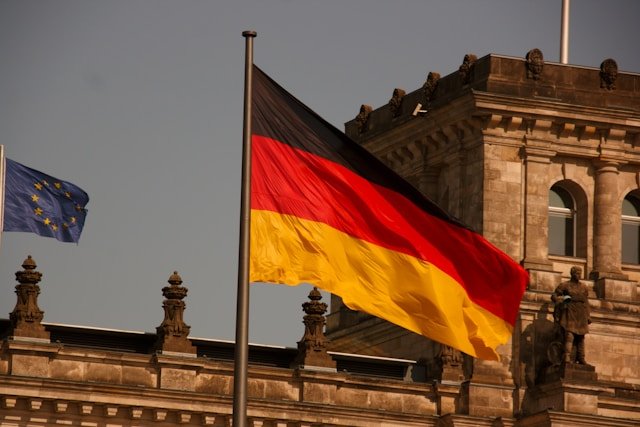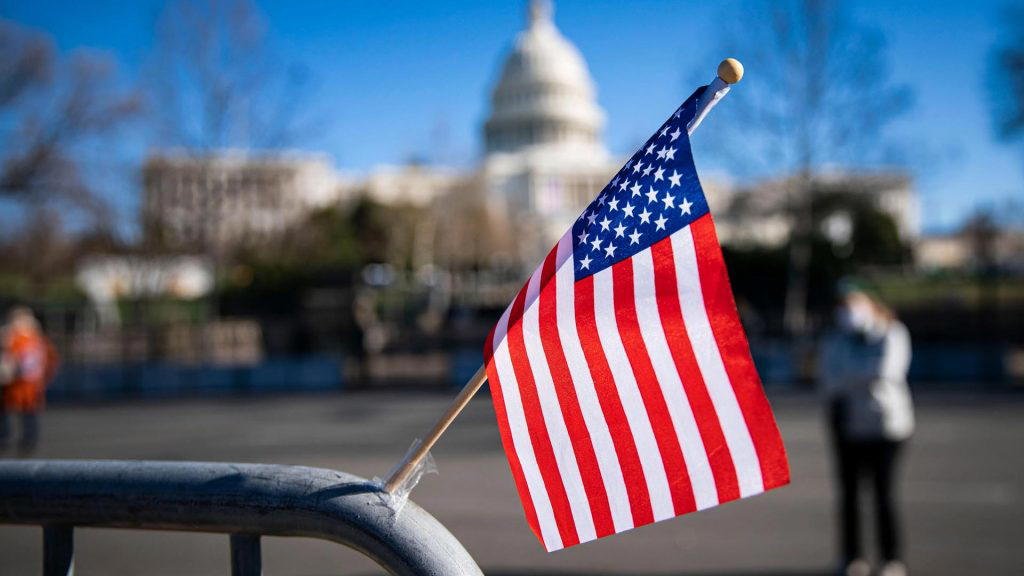The Consul-General of Germany in Lagos, Daniel Krulls, has unveiled an ambitious plan to fast-track visa processing for Nigerians, pledging that no application will take longer than three weeks to complete.
Krulls, who disclosed this during his first media briefing as Consul-General, said the move is part of Germany’s strategy to deepen economic, cultural, and educational partnerships with Nigeria.
According to him, the Lagos Consulate currently receives over 10,000 visa applications annually but is expanding capacity to handle more through efficiency reforms.
“Our main objective as a consulate is to be a facilitator — helping people from Germany and Nigeria connect,” he said.
He added that the consulate is doubling its visa counters and recruiting additional staff to reduce delays.
“With new counters and more staff, we aim to shorten processing times to no more than three weeks,” he assured.
Germany to Introduce Academic Verification System
To accelerate student visa processing, Krulls announced a new verification model for academic diplomas—similar to a system successfully piloted in New Delhi, India.
The consulate also plans to engage external service providers to handle specific visa categories, thereby easing administrative bottlenecks.
The envoy emphasized that education remains one of the most vital aspects of Germany’s relationship with Nigeria.
Over 6,000 Nigerian students are currently enrolled in German universities, with the number expected to rise sharply once the new processing reforms take effect.
Focus on Tech, Creative, and Film Collaborations
Krulls also highlighted Germany’s growing interest in Nigeria’s booming technology and creative industries.
He revealed that German IT companies are exploring partnerships and potential investments in Nigeria’s tech ecosystem, particularly in software development and renewable technology startups.
He said Berlin is also keen on film co-productions and other cultural exchanges with Nollywood, describing Nigeria’s film industry as “one of the most dynamic creative forces in the world.”
“Language barriers may have limited Germany’s presence in Nigeria’s film sector so far, but there’s significant room for improvement,” Krulls said, noting plans to support Nigerian filmmakers in securing royalties from global streaming platforms like Netflix, YouTube, and Google.
Rate, Like 👍, Comment 💬, Share this article, Follow us on our social media handles, and Submit your own story to get featured and earn rewards!








